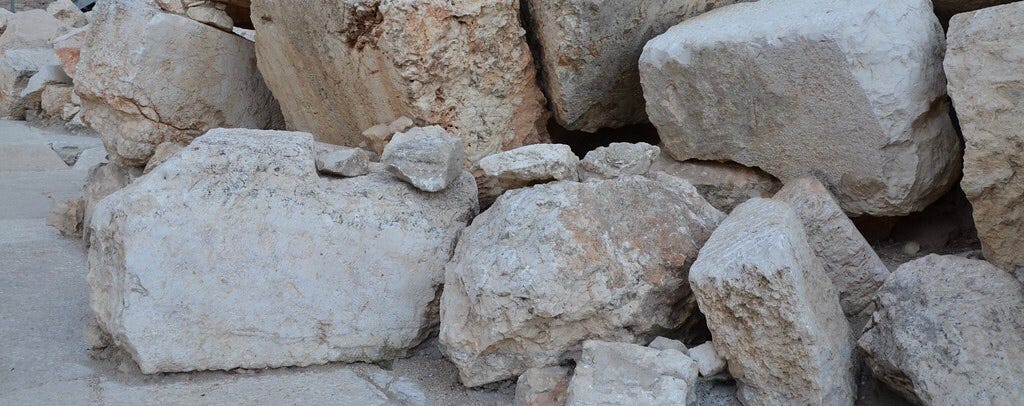Introduction
The “message of peace” to which Jesus refers in his lament over Jerusalem is much more than words or sentiment. Fr Gustavo Gutiérrez wrote in his book The Power of the Poor in History (1983) that “… peace presupposes the establishment of justice, the defense of the rights of the poor, the punishment of oppressors, and a life free from the fear of enslavement” (p.32).
Peace is the fruit of faith in action, the objective being the glory of God. In other words, peace is a gift from God given to those who seek to do God’s will in the world. God works through those who seek to lift up the poor and to restore justice in their lives.
The pursuit of peace in the world will be fruitless without God … and the media portrays a world in which God has no place. Religious belief is relegated to the private realm. Publicly, many do not acknowledge the existence of a divine being. Spirituality is reduced to “wellbeing” and gurus abound with messages about how to achieve self-fulfilment.
But this does not mean that God is not at work in the world. On the contrary, God uses the actions of all people to achieve good for the poor. Acts of solidarity with the poor, no matter how small, are the cup of cold water that Jesus speaks about in his parable about the judgment day (Matthew 25:31-46).
This is why I have worked on this Gospel Enquiry, not because it is a cup of cold water, but because it is meant to draw attention to the action of God in the world seeking to save the poor and to give them a place in his kingdom. May your faith in action be God’s instrument of salvation in the world.
The Gospel
As Jesus drew near Jerusalem and came in sight of the city he shed tears over it and said, ‘If you in your turn had only understood on this day the message of peace! But, alas, it is hidden from your eyes! Yes, a time is coming when your enemies will raise fortifications all round you, when they will encircle you and hem you in on every side; they will dash you and the children inside your walls to the ground; they will leave not one stone standing on another within you – and all because you did not recognise your opportunity when God offered it!’ (Luke 19:41-44)
The Enquiry
See
What is happening here? Break down the passage into its elements: what the narrator tells us that provides some context for what Jesus says; the emotion Jesus shows as he views Jerusalem from higher ground; the prediction he makes about its future; and the cause of the destruction of Jerusalem and its society and culture.
What has happened in his society that has led Jesus to make this statement about his people? Why will the people of Jerusalem be subjected to the destruction of their lives, their homes and their culture?
Does Jesus identify any particular group of people in Jerusalem who will bear responsibility for the destruction of their city?
Judge
What do you make of Jesus’ prediction? How relevant are his words for us today?
How is your faith challenged by Jesus’ words? To what extent are the words of the Gospel related to what happens in the world today?
What is the opportunity that God offers you now? Do you recognise missed opportunities in your past? Are you able to identify why you missed those opportunities in the past? What is different now?
Act
What change does Jesus long to see in the world in which he lived and in our world today?
What small action can you take that will contribute to bringing about this change?
Who can you involve in your action and how, when and how often will you get them to participate in your action?
Image Source: Carole Raddato (Creator): Fallen stones from the destruction of the Temple in Jerusalem by the Romans in 70 AD. Flickr. CC BY-SA 2.0


